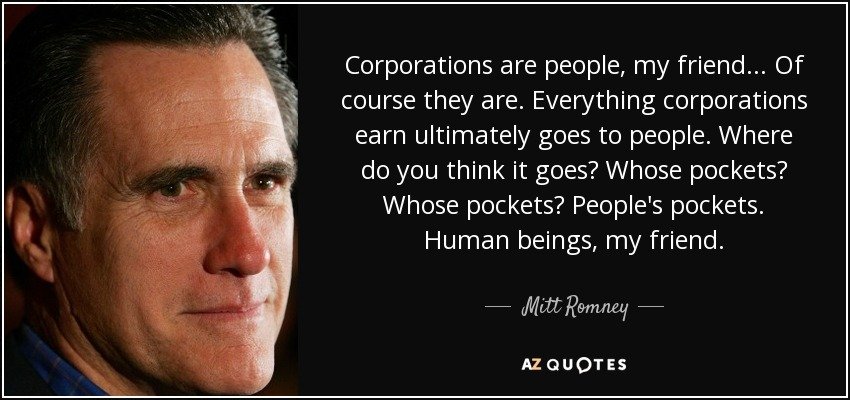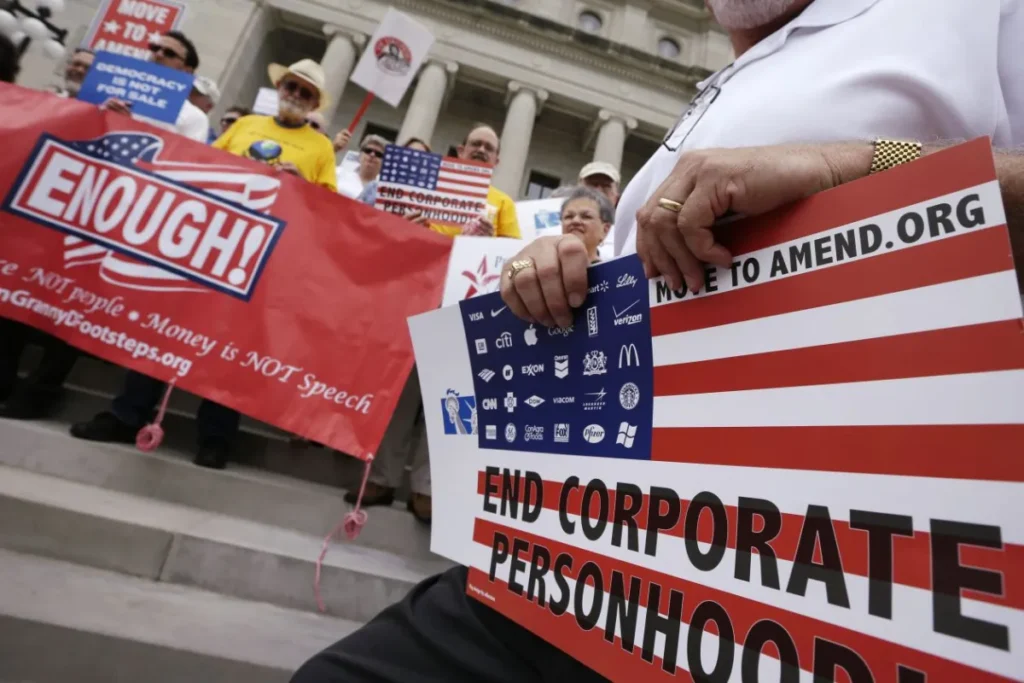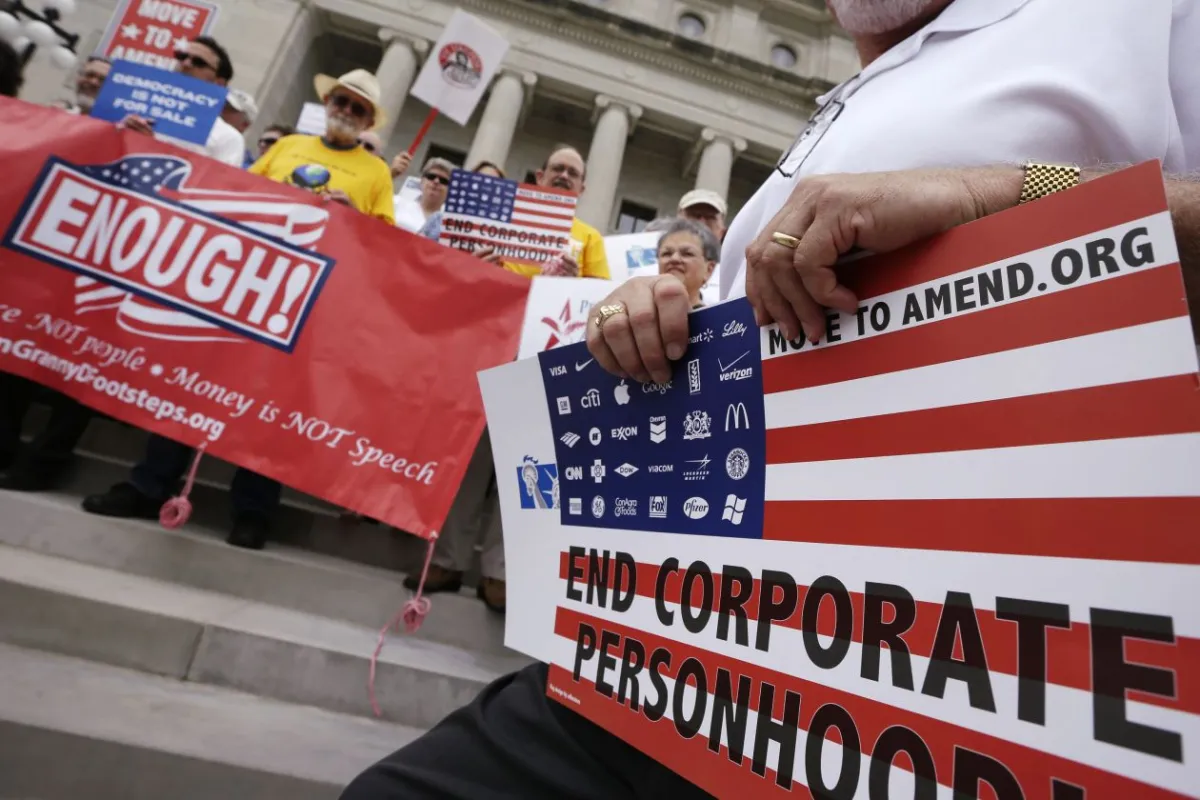

Released in 2003, The Corporation provides a comprehensive examination of the rise of corporate dominance and its far-reaching consequences for democracy, human rights, and the environment. Through a series of interviews with corporate executives, activists, scholars, and experts, the film exposes the dark side of corporate behavior, revealing the ways in which profit-driven motives often come at the expense of social responsibility and ethical conduct.
One of the central themes of The Corporation is the concept of corporate personhood, which grants corporations legal rights and protections similar to those of individuals. By examining the historical evolution of corporate personhood and its implications for society, the film challenges the notion that corporations are inherently benevolent entities and argues that they often prioritize profit over the public good.
The Corporation also delves into a range of pressing issues related to corporate power, including environmental degradation, labor exploitation, consumerism, and political influence. Through powerful storytelling and compelling interviews, the film highlights the ways in which corporations wield immense influence over government policies, public discourse, and global economic systems, often to the detriment of society and the environment.
Perhaps most significantly, The Corporation calls into question the prevailing narrative of corporate social responsibility, arguing that voluntary initiatives and self-regulation are insufficient to address the systemic problems associated with corporate power. Instead, the film advocates for greater accountability, transparency, and democratic control over corporate behavior, calling for reforms that prioritize the interests of people and the planet over narrow profit motives.
Despite its critical stance towards corporate power, The Corporation also offers hope and inspiration by showcasing the efforts of activists, grassroots movements, and socially responsible businesses working to challenge the status quo and create a more just and sustainable world. By raising awareness and sparking dialogue about the impacts of corporate power, the film empowers viewers to become more informed and engaged citizens, advocating for change and holding corporations accountable for their actions.
The Corporation is a thought-provoking and provocative documentary that provides a sobering examination of the role of corporations in society. Through its incisive analysis and compelling storytelling, the film challenges viewers to question the prevailing narratives of corporate power and to envision alternative models of economic organization that prioritize the well-being of people and the planet. As a powerful tool for education, advocacy, and social change, “The Corporation” continues to inspire audiences to confront the dark side of corporate power and to work towards a more just and sustainable future for all.




Critics of corporate personhood argue that it has allowed corporations to amass unprecedented power and influence, often at the expense of the public interest. By granting corporations legal rights and protections traditionally reserved for individuals, corporate personhood has enabled companies to evade accountability, avoid regulation, and prioritize profits over people and the planet.
The phrase “Corporations are people, my friend,” famously uttered by former presidential candidate Mitt Romney during the 2012 election campaign, epitomizes the controversy surrounding corporate personhood. While supporters of corporate personhood argue that it promotes economic growth, innovation, and job creation, critics contend that it undermines democracy, exacerbates income inequality, and perpetuates corporate greed.
In conclusion, the concept of corporate personhood has been a subject of heated debate and controversy throughout American history. While corporate lawyers and judges have exploited the language of the Fourteenth Amendment to extend legal rights to corporations, critics argue that this interpretation has enabled corporate interests to dominate politics, economics, and society at the expense of the common good. As the debate over corporate personhood continues, it remains a crucial issue for advocates of democracy, social justice, and corporate accountability.

CITIZENS UNITED

